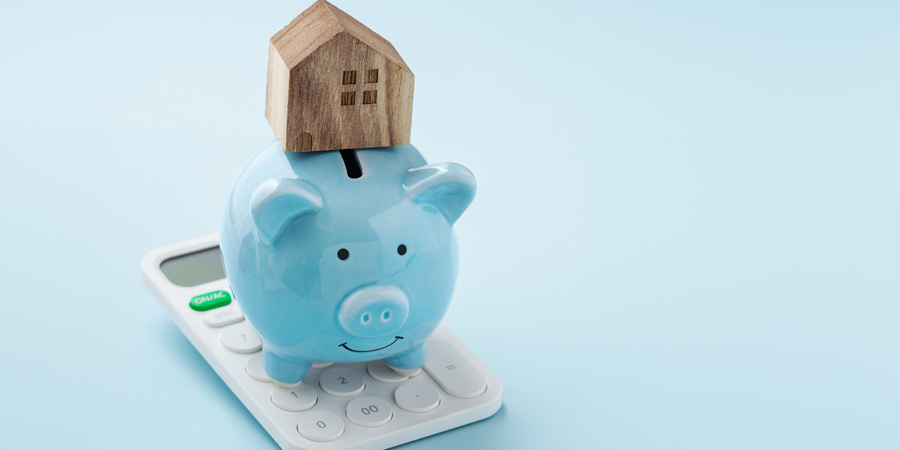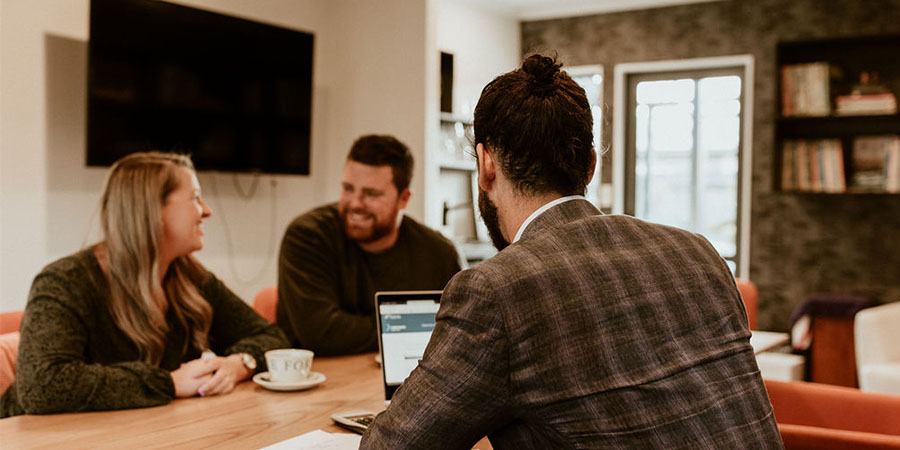Do you really need a 20% deposit to buy a house?
The short answer is no, you don’t NEED a 20% deposit to buy a house. In saying this it is a lot more complicated than just showing up to a bank with less than 20% deposit, we are talking LVR’s, low equity margins, higher interest and if banks still have any low LVR loans to give out.
Confused, yup, I get it, used to be confused as well, but let us break down some of this for you.
What is the minimum deposit that you need to buy a house?
The magic/ideal here is a 20% deposit, to be able to buy an existing house. However, you are able to buy a home with less, as little as a 5% deposit for example. However, when working with a bank with a deposit that is less than 20% there are some criteria that you will need to meet.
You will need to be earning a good income and preferably have no consumer debt (ie credit cards, loans etc). You will also be asked to provide a commentary around why with your good income you have less than a 20% deposit – this may be because instead of saving you were paying off debt.
But I heard that banks were not lending on less than 20% deposit
Yes, that can be true, it all depends on how much money they have allocated to be able to lend to borrowers on less than 20% deposit. Only 10% of a bank’s total lending can be to those with less than 20% deposit, this means each month banks have a certain amount of money that they can lend to people with under 20% deposit, once this is gone then it does not matter how much your income is there is simply no more money in the pot to lend you.
So where can I get my hands on a 20% deposit?
Well, you can save your pennies. We have a great blog post on saving here.
There is also the popular option of the Kainga Ora, First-Home Grant – formally the Home-Start Grant. This is a great deposit boost however if you utilise the grant as part of your deposit, remember there are regional house price caps (see more about that here) that you must stay within or you will no longer qualify. Check out our post about the first home buyers grant here.
If you are in a position to have the bank of mum and dad or other members of your whanau to help you then that is awesome for you! However, you cannot accept all 20% worth of deposit as a gift – if you have been renting and not able to save any money while doing that are you likely to be able to pay your mortgage? Banks have a rule that they like to see at least 5% of the deposit saved by you. So if you are looking at buying a house for $500,000 you will need to have come up with at least $25,000 yourself, the rest of the deposit can be gifted if possible.
What is an LVR, low equity margin?
So LVR is the loan to value ratio. If you have a 10% deposit, your LVR is 90%. This is because you are borrowing 90% of the purchase price of the property from the bank. Generally, any LVR over 80% is considered a higher risk as the bank will need to sell your home for a higher price to recoup their costs IF you were to default on your loan. This greater risk is why a low equity margin or fee may be applied to your home loan. A low equity margin is a higher interest rate applied to your home loan because your LVR is over 80%. A low equity fee is a fee calculated as a percentage of the loan amount, generally between 0.25-0.75% of the loan amount. Love that from the banks!
In general, the higher your LVR is the more interest that you will be charged, therefore it stands to reason that as soon as you can, you start reducing the principal of your loan so that you can bring the LVR under 80% and get a better interest rate – for most banks this can be done when you roll over your fixed rate. This is something that your Mortgage Advisor will help you with, this is part of the reason why Mortgage Advisors are worth their weight in gold. They have a lifetime commitment to making sure that your home loan is working for you.
References:
Mortgage Lab
Squirrel Home Loans
While we’re home loan experts, our blog posts are for general information purposes only and are not intended as financial advice. If at any stage you need personalised advice, get in touch on 06 8788 4444 or Ben or Mark.
[/et_pb_text][/et_pb_column][/et_pb_row][/et_pb_section]



